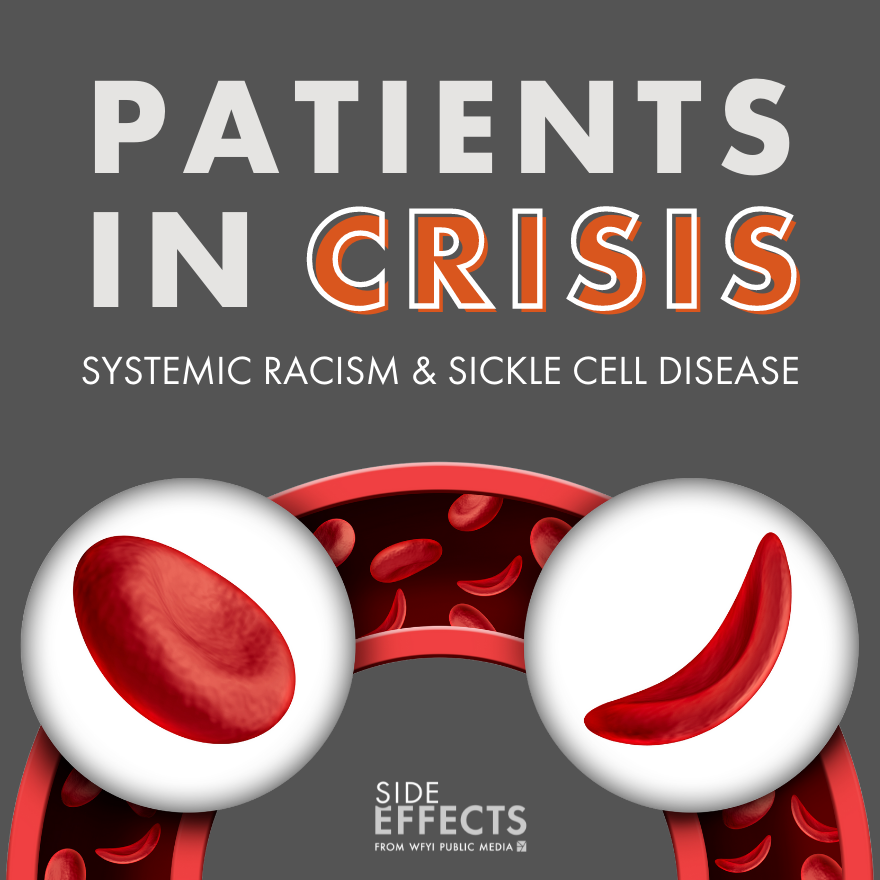-
Children with sickle cell disease rely on daily doses of penicillin to prevent life-threatening infections. But lately, some are finding it hard to fill their prescriptions.
-
A lack of data regarding sickle cell disease in the U.S. stunts efforts to improve outcomes for patients. The federally funded Sickle Cell Data Collection Program aims to chip away at these data gaps.
-
Sickle cell disease was long considered a pediatric illness because it took so many children's lives. Health interventions have made it possible for people with sickle cell in the U.S. to live well into adulthood. But the transition out of pediatric care comes with many challenges.
-
Sickle cell disease can damage patients’ bodies in ways that affect their ability to have children, and some treatments may also affect fertility. But many in the resource-strapped sickle cell community cannot access fertility treatments.
-
Sickle cell disease affects mostly Black patients. How the system treats it shows the deep roots of systemic racism.

Play Live Radio
Next Up:
0:00
0:00
Available On Air Stations






